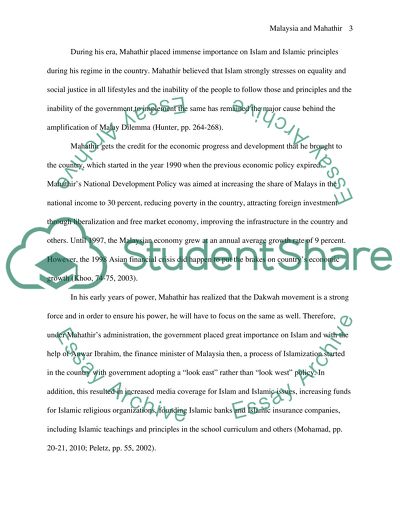Cite this document
(“Malaysia - Mahathir politics Research Paper Example | Topics and Well Written Essays - 1250 words”, n.d.)
Retrieved from https://studentshare.org/history/1430703-malaysia-mahathir-politics
Retrieved from https://studentshare.org/history/1430703-malaysia-mahathir-politics
(Malaysia - Mahathir Politics Research Paper Example | Topics and Well Written Essays - 1250 Words)
https://studentshare.org/history/1430703-malaysia-mahathir-politics.
https://studentshare.org/history/1430703-malaysia-mahathir-politics.
“Malaysia - Mahathir Politics Research Paper Example | Topics and Well Written Essays - 1250 Words”, n.d. https://studentshare.org/history/1430703-malaysia-mahathir-politics.


